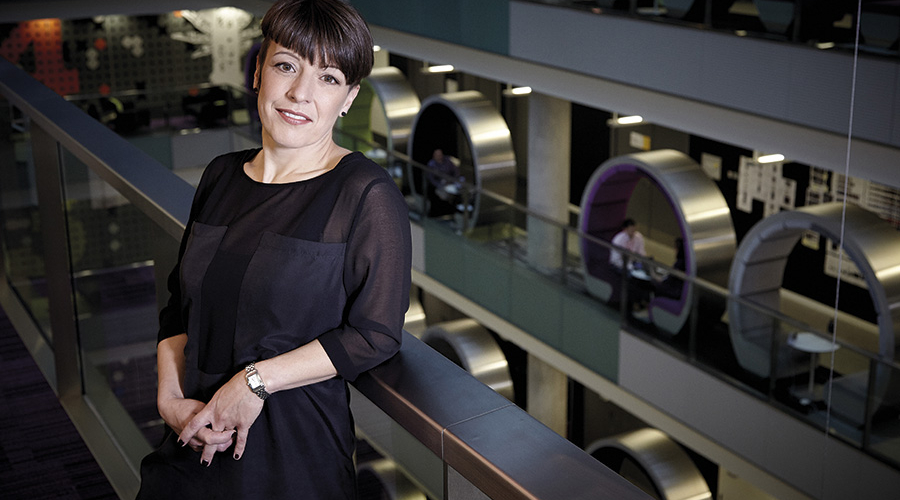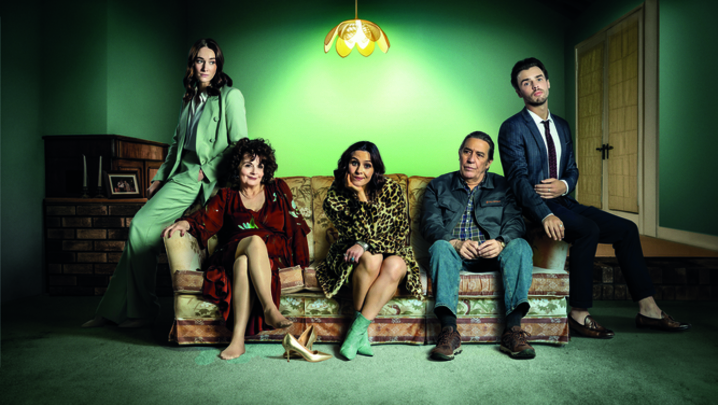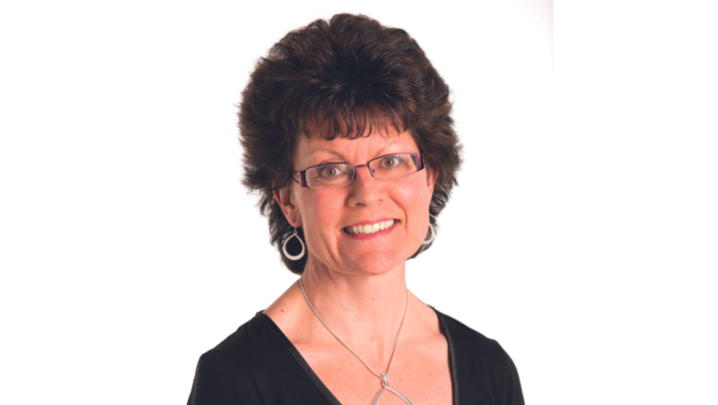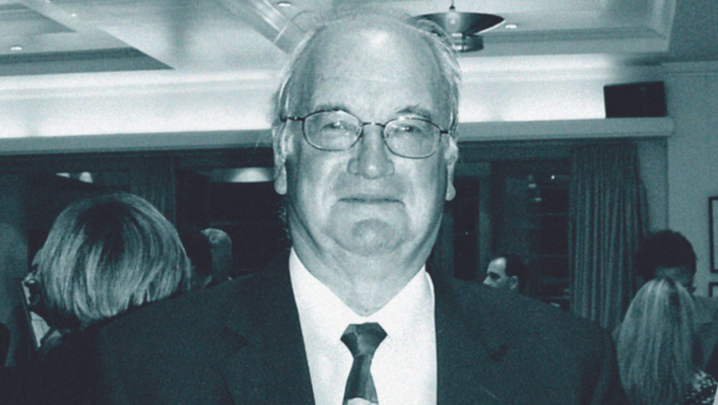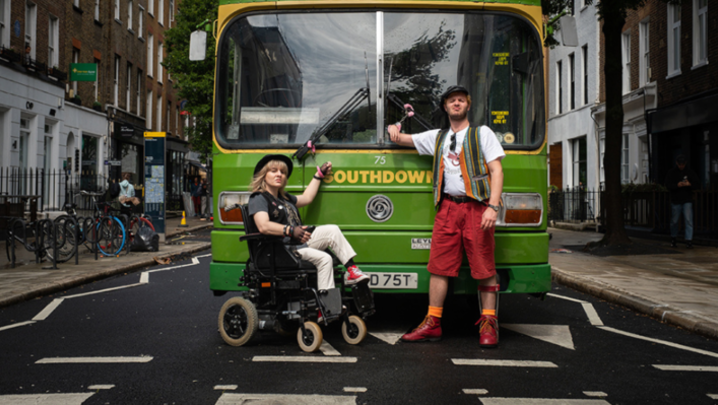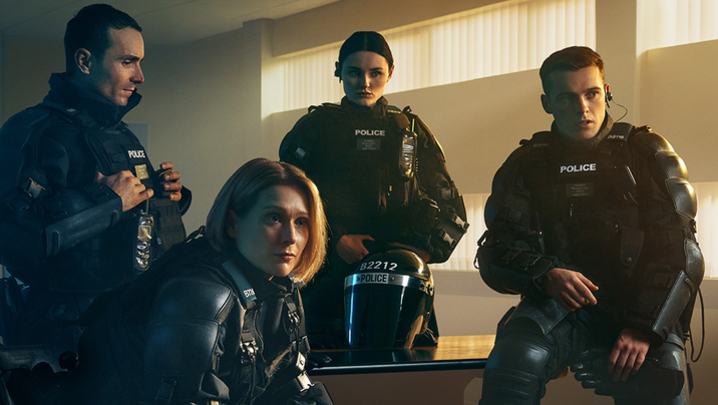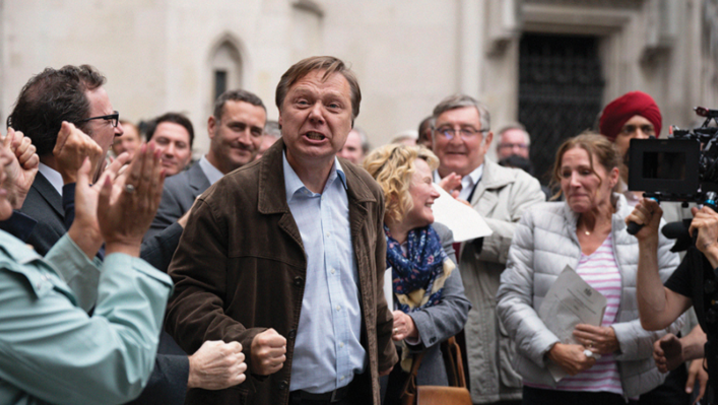Alice Webb has never made a kids’ show – yet her job is to preserve the BBC’s children’s services.
How did a trained civil engineer come to be appointed Director of BBC Children's? That is the question many people asked when BBC England Chief Operating Officer Alice Webb was named in January as the successor to Joe Godwin.
The role involves "being responsible for the overall direction and management of all the BBC's services for children". This includes CBBC and its stable mate for viewers under six, CBeebies, plus their websites and apps.
BBC Children's spends around £94m a year, about £80m of which goes on original content.
But it faces a number of challenges, not least the pressure to make savings and compete with the 30 or so rival kids' channels and the online world.
The BBC announced late last year that Godwin was moving to become the new Director of the BBC Academy and BBC Birmingham.
The director of children's role was covered by Kay Benbow, the respected head of CBeebies.
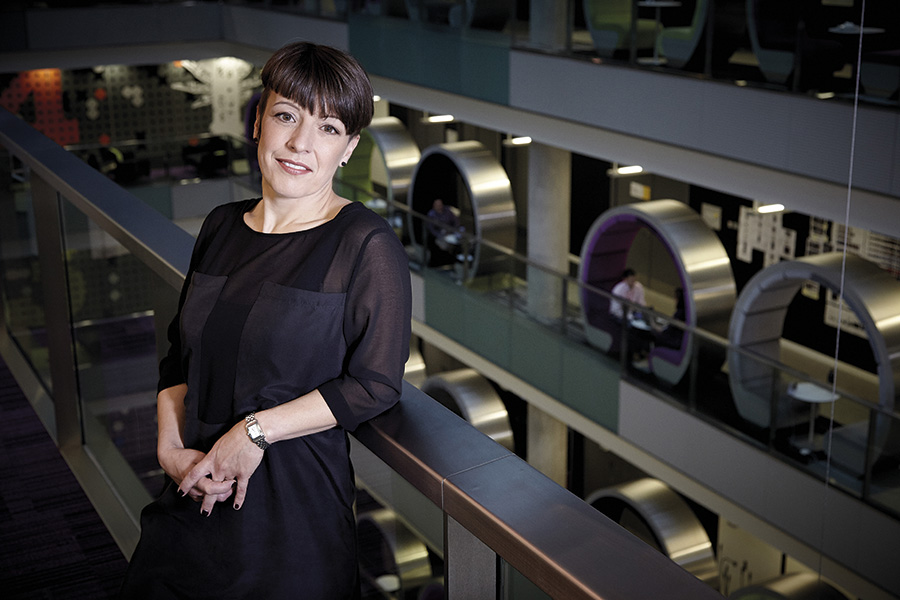 Alice Webb trained as a civil engineer
Alice Webb trained as a civil engineer
Some thought Benbow, or her equally admired colleague, CBBC Channel Controller Cheryl Taylor, might get the job. Or someone, like Godwin, with a programme-making background.
Webb is not a programme maker. She worked at PA Consulting (those she advised included the Cabinet Office) before she joined the BBC a decade ago.
However, as the woman responsible for the operational infrastructure of BBC North, she has tons of experience in dealing with change and big projects.
These include moving BBC departments, such as Children's, Learning and parts of Sport and 5 Live, from London to Salford.
As Children's Media Foundation Director Greg Childs points out, this is a "very, very tricky time" forchildren's public-service programming.
This is especially true for the BBC in the run-up to Charter renewal and negotiations over a new licence-fee deal. Webb's strategic and political experience might be just what BBC Children's needs at this point.
Webb's acumen, combined with Benbow and Taylor's creativity, make for a "good team" at BBC Children's, reckons Childs.
So what are the specific challenges facing Webb? According to the BBC Trust's last review of children's services, at the end of 2013, "CBeebies and CBBC are the most watched children's channels in the UK for their respective target audiences."
However, the report added, over the next couple of years, "the key performance challenge for BBC Children's is to maintain the reach and impact of both CBeebies and CBBC in an environment in which older children's consumption of media, in particular, is increasingly fragmented and where there is more choice than ever before."
The Trust also said: "Like all other BBC services, BBC Children's needs to make financial savings and operate on a reduced budget. We expect this to be achieved with minimal impact on the audiences of CBeebies and CBBC."
The challenge is to maintain the reach and impact of both CBeebies and CBBC in an environment where consumption of media is increasingly fragmented
In addition, following the decision to remove dedicated children's programming from BBC One and BBC Two, Webb's department must work with the rest of the BBC to "promote and develop content for children".
So, quite a lot on Webb's plate, then.
Former BBC Chief Operating Officer Caroline Thomson, who has worked with Webb, says she is well placed to tackle most of these challenges.
"She trained as a civil engineer, so is very unusual in BBC terms. She was just brilliant," Thomson recalls. "She had a real grasp of how to project manage things, thanks to her engineering background.
"She was also very nice and personable. She worked well downwards as well as upwards, and combined the civil engineering grasp of structure and detail with a great level of EQ.
"I've got a lot of time for her. I always thought she was potential BBC Chief Operating Officer material."
Webb joined the corporation from PA to work as a strategist with Peter Salmon, then head of BBC Vision. In 2009, she moved with Salmon, who described her as "a rising star", to BBC North, where she became Project Director.
The pair worked well together. Webb is credited with much of the practical delivery of Salford.
One source who had dealings with her at the time says Webb was good at understanding the politics of the BBC.
Another says she has "huge energy, she is good fun".
Webb needed that energy: she says that BBC North has been the biggest challenge of her career so far. "As Programme Director, and then as Chief Operating Officer of BBC North," says Webb, "I looked after everything from construction of the new buildings to fitting out all the state-of-the-art technology, to moving 850 BBC staff and their families to the north of England – not to mention forming the new creative and business model for BBC North."
Did she ever think, during her engineering training (she graduated in 1995 from Liverpool University with a Masters), that one day she would end up running something like BBC Children's?
One of CBBC's biggest problems is the 10-plus, audience, which is watching video on mobiles, YouTube, tablets or smart TVs
"No – it seems a long time ago that I was working on large building sites and constructing tunnels... and I never imagined I'd work in the media, let alone head up BBC Children's.
"Despite this apparent lateral career move, civil engineering provided a brilliant grounding in many things that have stood me in good stead through my whole career: things such as problem solving, keeping sight of the bigger picture and mobilising large teams. All really useful things to learn early."
Having young children can't help but give Webb an understanding of the audience. "They love BBC programmes, so they think it's pretty cool," she says. "Not to mention that it's much easier to explain that mum is head of BBC Children's than [describe] my last job!"
According to colleagues, Webb has "always been very devoted to Salford"; she moved her family there in 2011.
Webb is loathe to discuss plans for her department, as she has been in post only since the end of February. "My job – along with Peter Salmon – was to make [BBC North] a place where people can do their very best creative work, where they can be world beating with their creative ambition and the implementation of those ideas. Much as I intend to do with BBC Children's."
"One of CBBC's biggest problems is the 10-plus, audience, which is watching video on mobiles, YouTube, tablets or smart TVs," worries Childs.
The channel has been told that it must broadcast for two hours longer each day after BBC Three becomesan online-only service. The first hour will cater mostly for the six- to nine-year-old audience and the second hour will target 10- to 12-year-olds.
The Children's Media Foundation has made a submission to the BBC Trust that "the corporation can't do that – have 15% more airtime, without additional money. CBBC and CBeebies are spread very thinly," says
Childs. "Senior management needs to think of children as a primary part of the audience. They are... extremely fast adopters of new trends... and they need great, educational, fun and advertising-free public service broadcasting."
"The long-term fear is that the audience will desert to on-demand," says Childs. Even though the BBC'skids' channels are on YouTube, it is unclear how they will cope with the platform's launch of a new app, YouTube Kids.
Webb's favourite shows from her childhood are almost "too numerous to list", she says, but they include The Really Wild Show, Blue Peter, Grange Hill, Take Hart, Rentaghost and Going Live! – all BBC programmes.
Part of her mission is to ensure that future generations look back equally fondly on BBC Children's programmes in the years to come.

